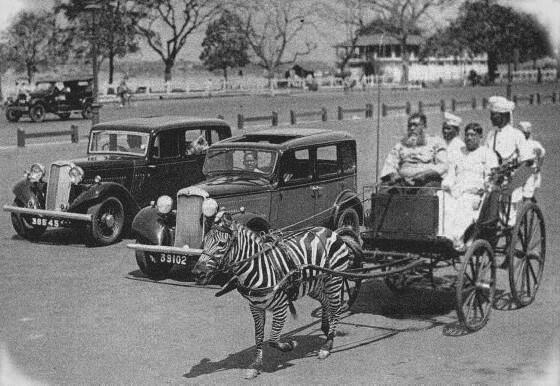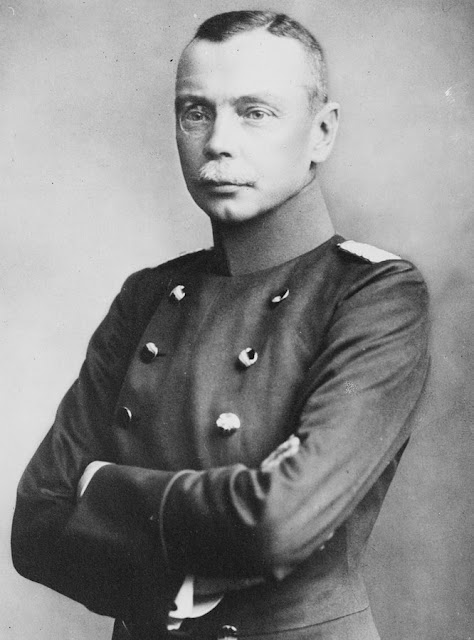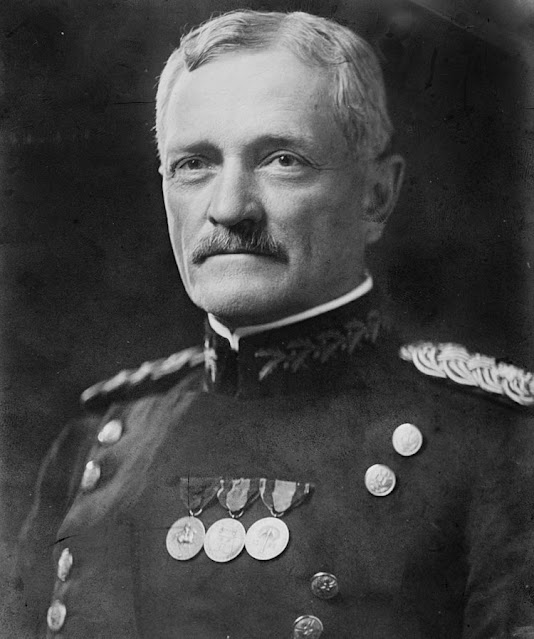HINDENBURG, PAUL VON (1847–1934) German field marshal. President of the Weimar Republic, 1925–1934. He served as a young officer in the Seven Weeks’ War (1866), during which he was wounded at Königgrätz. He served again in the Franco–Prussian War (1870–1871). He joined the General Staff, serving first under the famed Helmuth von Moltke and then under Alfred von Schlieffen. Hindenburg retired in 1911 but was recalled upon the outbreak of World War I and the unexpected early Russian success in East Prussia.
Along with Erich von Ludendorff, he won great victories over Russia at Tannenberg and the Masurian Lakes in 1914. He was made commander in the east on November 1, 1914, and won again at Gorlice-Tarnow in 1915. He became chief of the General Staff in 1916, replacing Erich von Falkenhayn after the Russian “Brusilov offensive.” To break the stalemate on the Western Front, he hoped to defeat Great Britain at sea before the United States entered the war in strength. To do so, he approved the resumption of the strategy of unrestricted submarine warfare in January 1917.
Upon the collapse of Russian resistance and German victory on the Eastern Front in 1917, Hindenburg and Ludendorff imposed the diktat of the Treaty of Brest-Litovsk on the Bolsheviks in March 1918. They turned to complete the supreme German effort in the west later that spring. When the Reichswehr was defeated in the fall of 1918, Hindenburg and Ludendorff advised the civilians in Berlin to ask for terms. Hindenburg retired from the Army in 1919. He stood for election as president of the Weimar Republic in 1925.
He served Germany’s young and greatly fragile democracy reluctantly, badly, and with deep contempt for its political class and republican values: he remained an unreconstructed monarchist to his last days. He defeated Adolf Hitler in the presidential election of 1932 but agreed to appoint the Nazi Party leader chancellor of Germany in January 1933. Hindenburg may have been senile at the end of his life.
He certainly underestimated Hitler, whom he infamously and prematurely dismissed as a mere “Bohemian corporal.” Hindenburg’s remains—and the victory banners captured from Russians during World War I—were interred in a great tomb and war memorial at Tannenberg. His body was hastily removed to Hamburg, and his tomb was blown up by the Wehrmacht, just before the site was overrun by the Red Army in 1945. Hindenburg was reburied at Schloss Hohenzollern, seat of the defunct Prussian and imperial dynasty.













